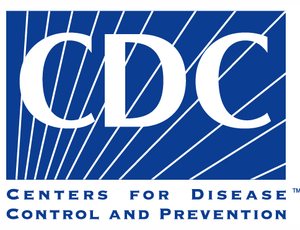Transparency is extremely important to us, so we are letting you know that we may receive a commission on some of links you click on from this page. See our disclaimer.
Chronic disease remains a major cost and wellness factor for U.S. companies. We have reported on the ways that “Chronic Health Conditions Play Major Role in Employee Wellness” as well as how “Wellness Programs Can Help Individuals Manage Chronic Conditions.”
Jeffrey W. McKenna, the Associate Director for Communication Science at the National Center for Chronic Disease Prevention and Health Promotion recently added his voice around the importance for businesses to consider chronic disease, in a blog post titled “Communicating the Value of Chronic Disease Prevention.”
McKenna cites “research that the CDC Foundation conducted earlier this year with consumers and business leaders to gauge their perceptions and support of CDC’s mission and work. It was the latest confirmation of a reality we have documented for decades: Americans remain focused on unconventional health threats beyond their control, not on the ‘conventional' threats of chronic diseases that typically involve at least a measure of individual control and personal responsibility.”
“What can be done to reduce this ‘competitive disadvantage' in terms of public recognition and support for chronic disease prevention?”
McKenna answers his question: “We can start by acknowledging the issues Americans want to hear about, like combatting global threats, then move on to talk about what they need to hear about, like reducing obesity. We might say, ‘In addition to being America’s first line of defense against outbreaks and bioterrorism, CDC is working to protect our citizens from threats to their health, safety, and security that take far more lives.' Then we can delve into specific issues―smoking, nutrition, physical activity, cancer, diabetes, heart disease.”
“Communication is key to making the case for chronic disease prevention—and it’s needed at the national, state, and local levels.”
- “Communicating the burden of chronic disease builds concern: ‘This is an urgent problem for America.'”
- “Communicating opportunities for prevention builds hope: ‘We know what to do to prevent it in our state.'”
- “And communicating the impact of our interventions builds support: ‘Our work is making lives better for the people in our community.'”





0 Comments